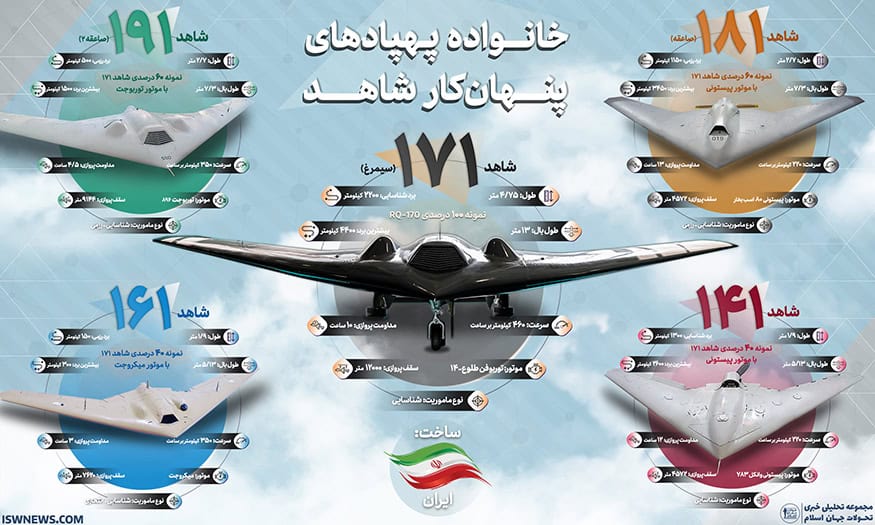
Analysis: Iran reestablishes its presence in the Caucuses with Armenian arms deal
Iran signed a new arms agreement with Armenia, seeking to increase its influence in the Caucuses and counter Israel-Azerbaijan military ties.

Iran signed a new arms agreement with Armenia, seeking to increase its influence in the Caucuses and counter Israel-Azerbaijan military ties.

In response to the Houthi drone attack on Tel Aviv yesterday, the Israeli Air Force carried out strikes against Houthi targets in Hudeydah, Yemen.
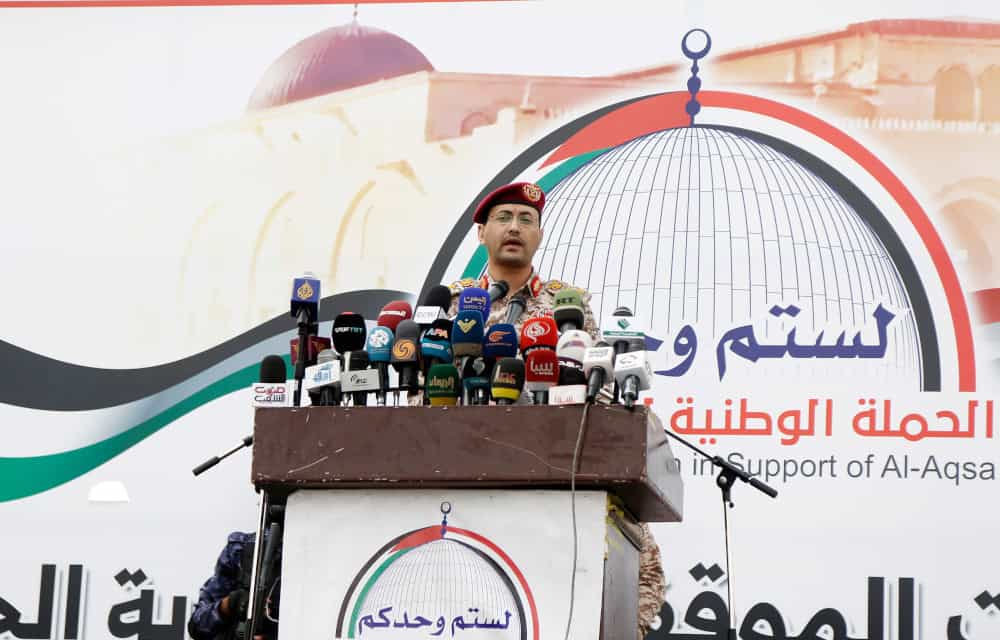
Houthis in Yemen claimed responsibility for launching a long-range UAV that killed one person and injured at least 10 others in Tel Aviv on Friday morning.
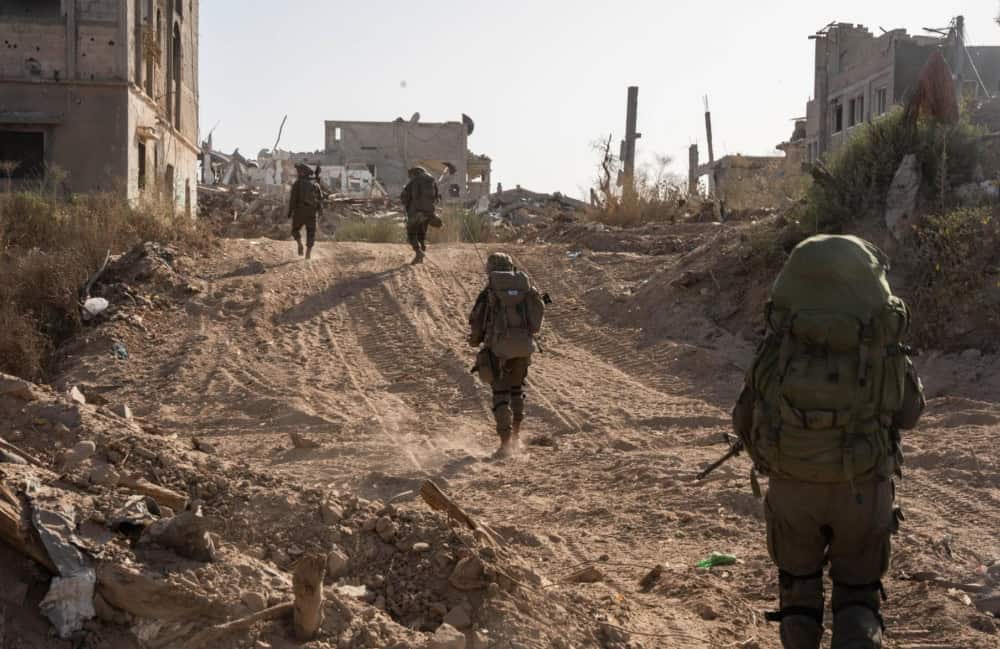
Two Israelis were killed in a Hezbollah rocket barrage targeting the Golan Heights on July 9. Hezbollah claimed the attack was in response to the killing of one of its members. Israel faces multi-front threats, including from the Iranian-backed Houthis in Yemen and Iranian-backed militias in Iraq. The IDF uncovered six tunnels in the Shejaiya neighborhood in north Gaza and demolished them, the IDF said on July 9.
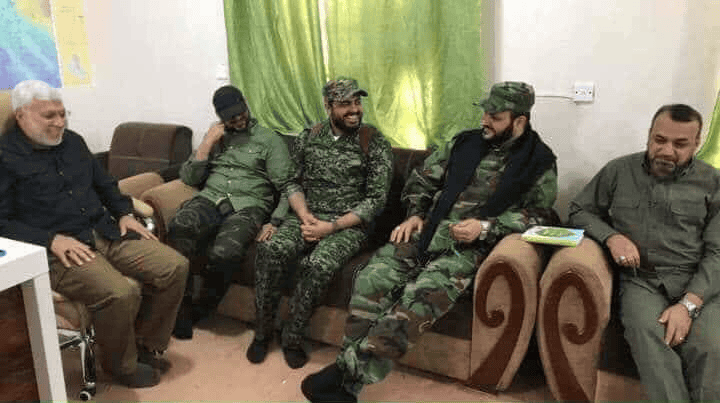
The leader of Asaib Ahl al Haq, a dangerous and influential Iran-backed Iraqi militia, threatened US bases in the event of a large-scale Israeli military campaign against Hezbollah in southern Lebanon. Iran’s proxies are renewing strikes against US bases in the region.

Israeli IDF Chief of Staff Lt. Gen. Herzi Halevi, Israeli Prime Minister Benjamin Netanyahu, and Israeli President Isaac Herzog visited northern Israel on June 25 and June 26 as Israel prepares for a possible war with Hezbollah. An Iranian-backed militia in Iraq launched a drone targeting Israel’s southern city of Eilat, and Israeli Defense Minister Yoav Gallant continued his trip to Washington to shore up support and discuss the Iranian threat.
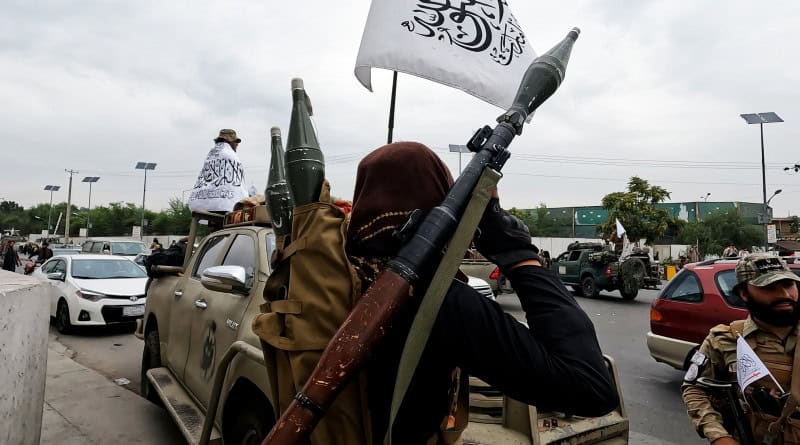
The Tehran regime and the Taliban administration have reaffirmed their growing ties and anti-Israel sentiment throughout the Gaza conflict. The two have also cooperated in the past to help the Taliban conquer Afghanistan.
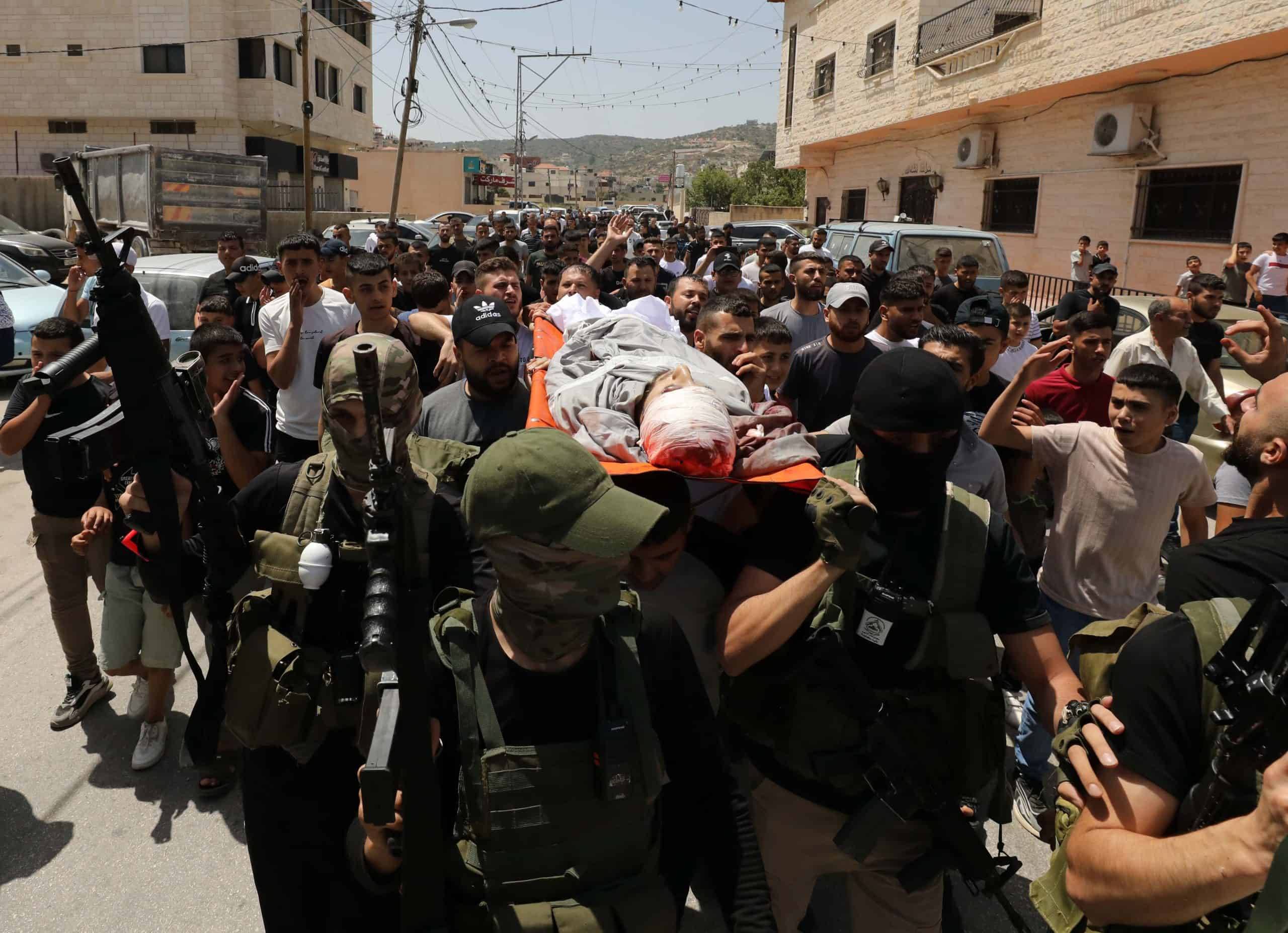
Israeli forces operating in the northern West Bank city of Qabatiya killed two members of Islamic Jihad’s branch in Jenin.
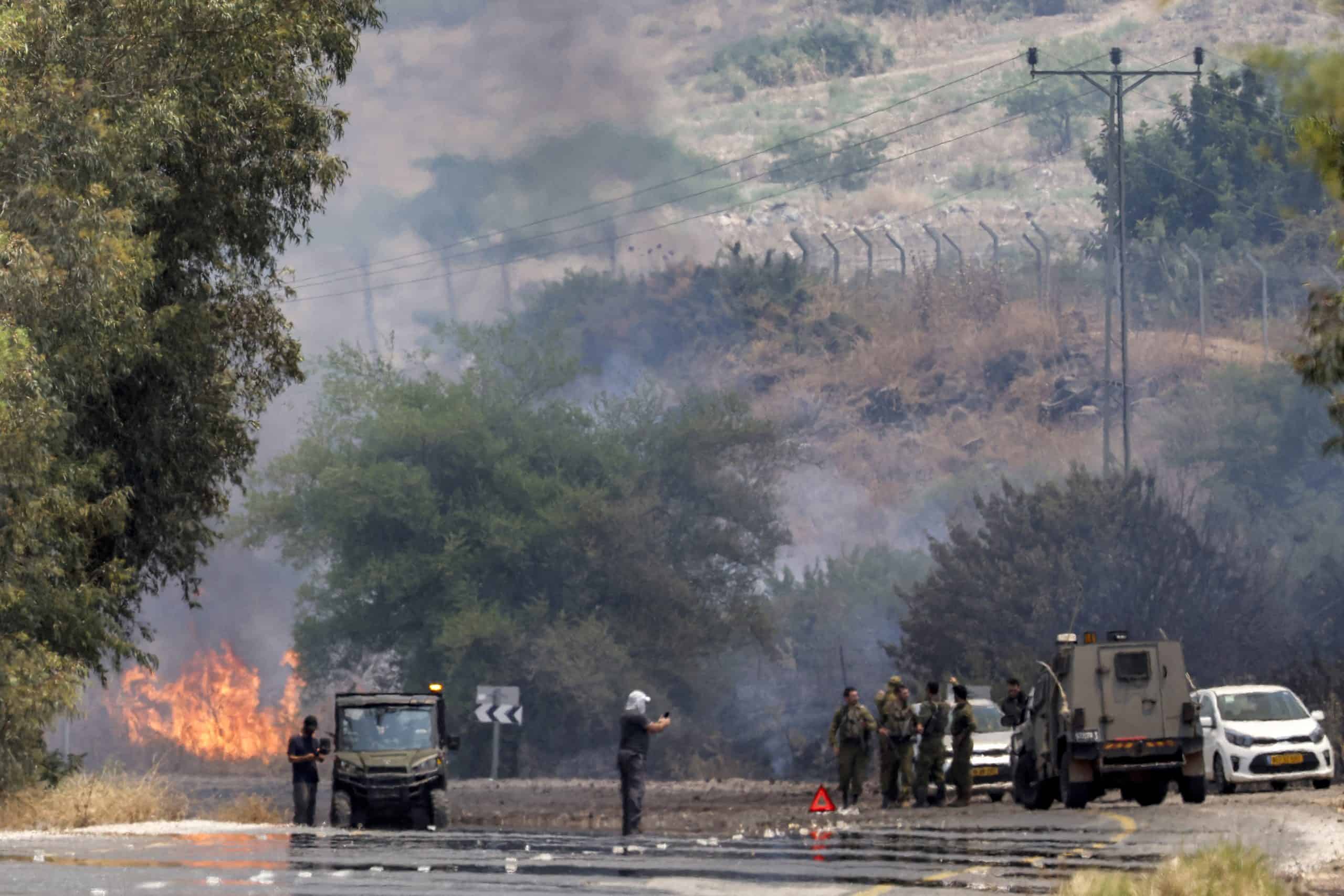
In a significant escalation, Hezbollah pummeled northern Israel on Wednesday with more than 200 rockets in the terror group’s largest single-day attack since the start of the war in Gaza. If the United Nations Interim Force in Lebanon (UNIFIL) does not execute its mandated mission by stopping Hezbollah attacks on Israel and ensuring the group withdraws north of the Litani River, the steadily intensifying violence on Israel’s northern border could become a full-scale war with massive loss of life.
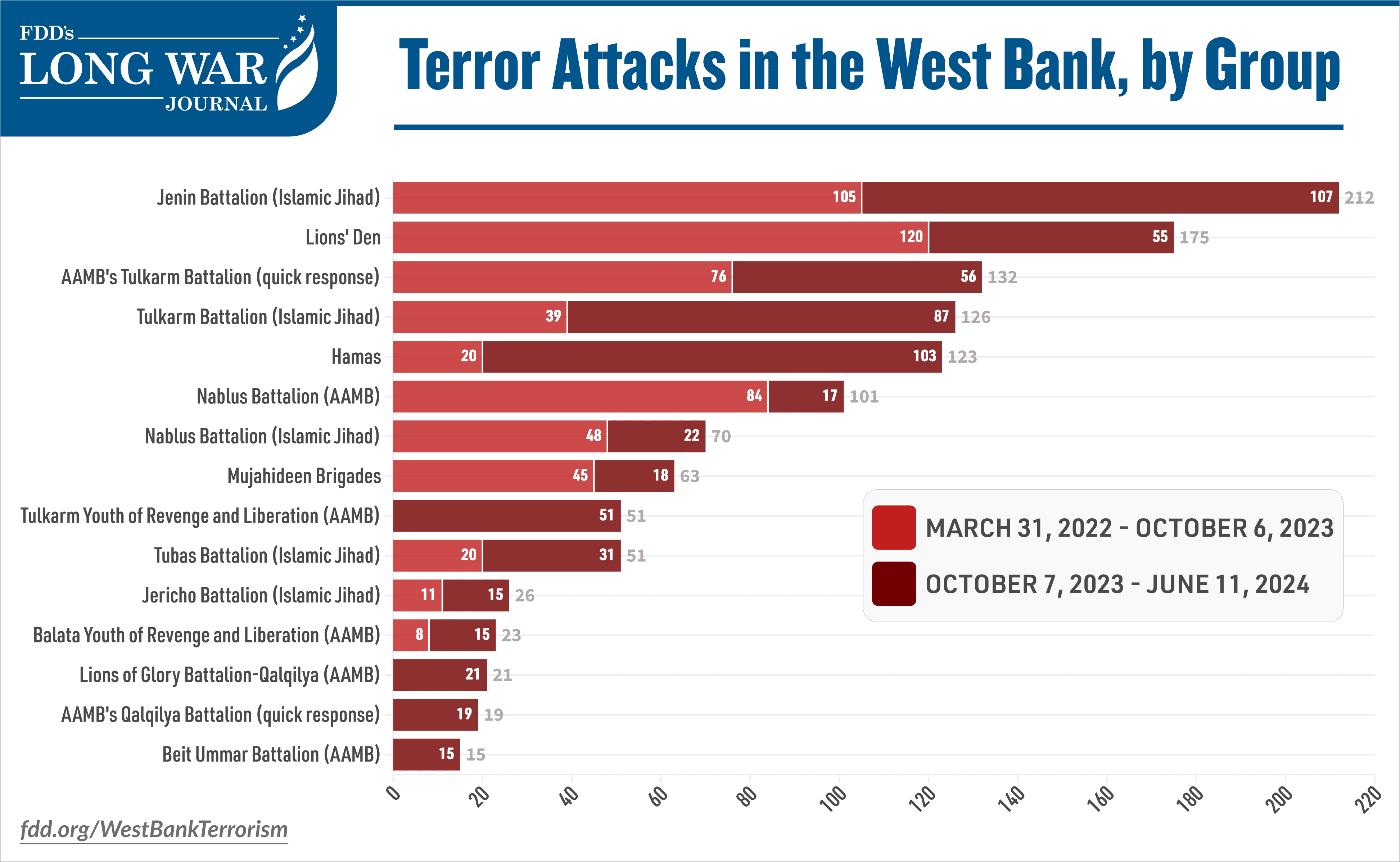
Three years into the uptick of violence in the West Bank, Palestinian terrorist groups continue to operate against Israeli targets and are growing more sophisticated.

Jordanian authorities thwarted a major drug smuggling operation linked to Hezbollah and Iran-backed militias, seizing 9.5 million Captagon pills and 143 kilograms of hashish, highlighting regional security challenges and straining Jordan’s resources.
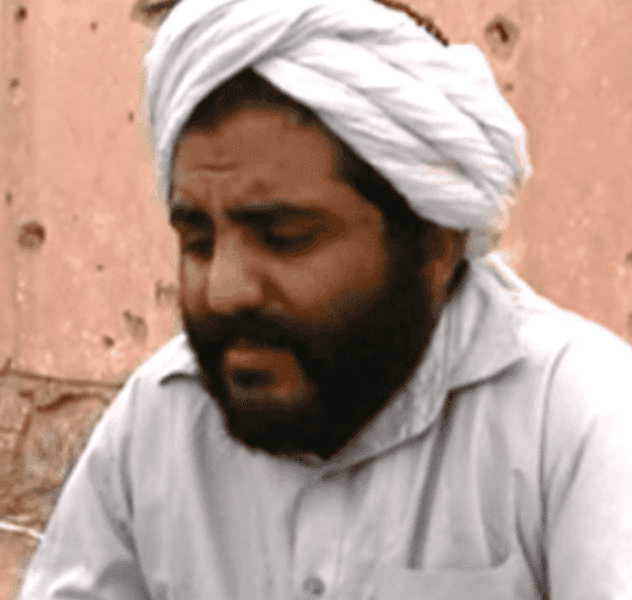
Hamza al Ghamdi is a legacy Al Qaeda leader who fought alongside Osama bin Laden against the Soviets, led bin Laden’s bodyguard, organized terror attacks in Tajikistan in the 1990s, and fought at the battle of Tora Bora. He is currently a member of Al Qaeda’s shura, or executive leadership council. Ghamdi is likely based in Afghanistan or Iran.
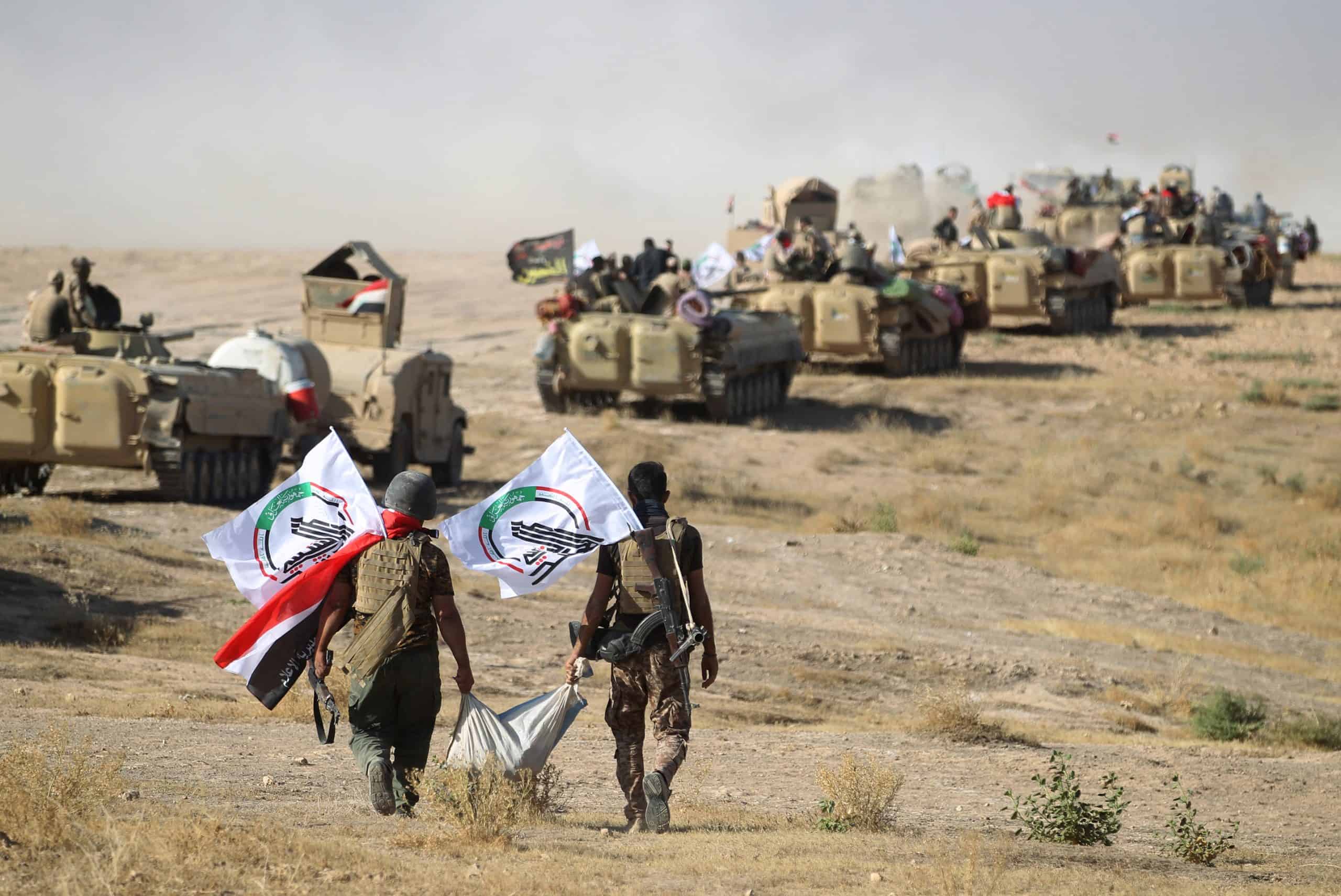
Violent explosions hit the Kalsu base in Iraq, amid speculation of Israeli involvement; no party has claimed responsibility. Recent attacks on US soldiers in Syria and Iraq, after a hiatus, may signal a resurgence of violence against US presence, as Iraqi factions debate approaches towards US withdrawal.
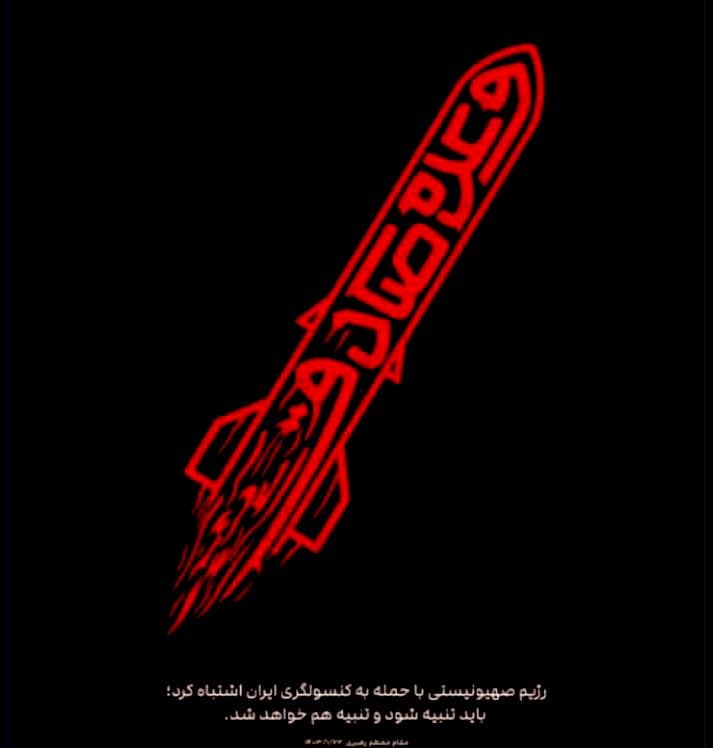
The Islamic Republic’s disorganized messaging on Israel tensions reflects its fear of public backlash, revealing internal coordination gaps and anxiety over criticism
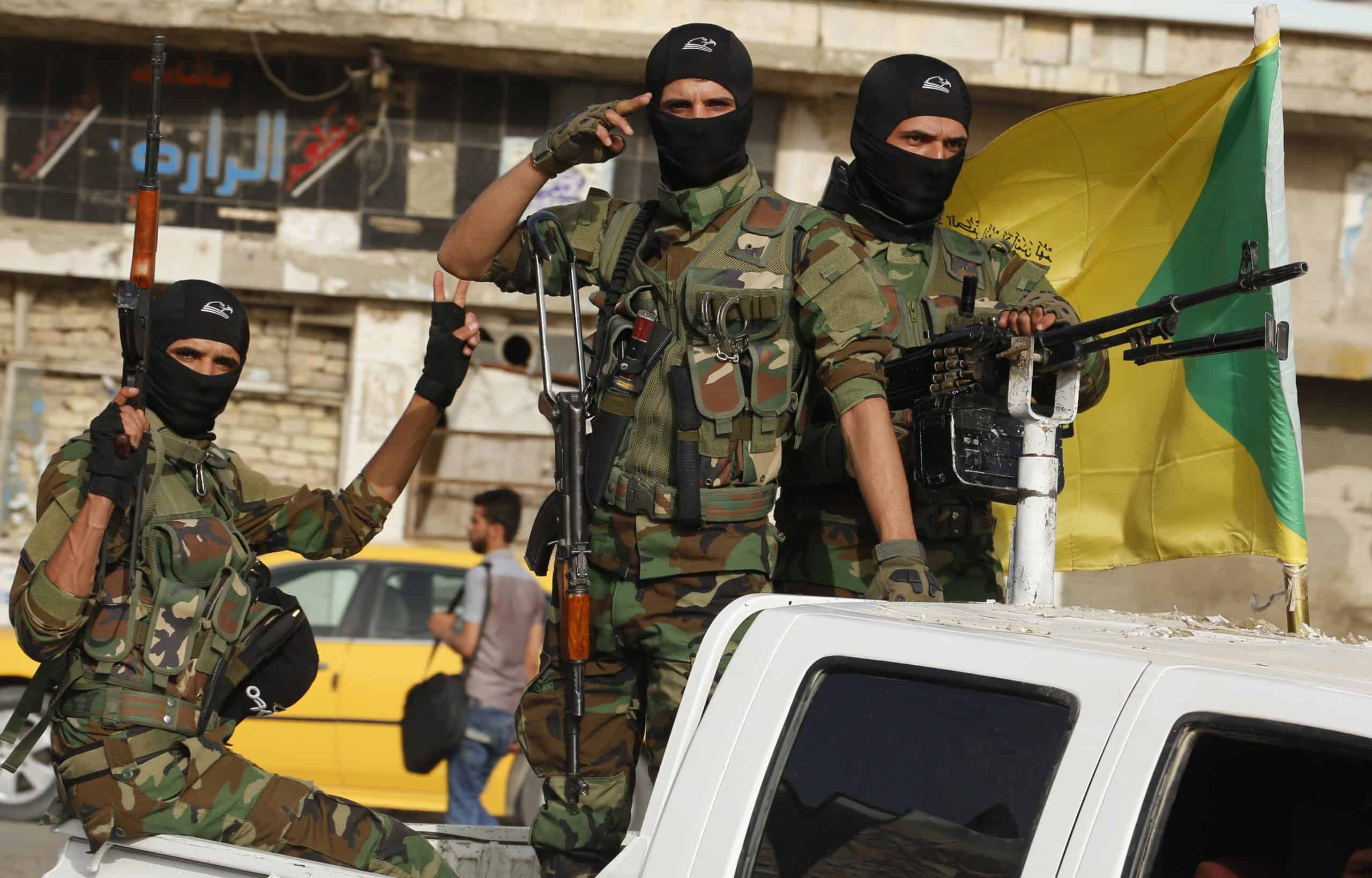
Tehran is threatening new attacks in the Middle East after the April 1 Israeli airstrike in Damascus that killed the Islamic Revolutionary Guard Corps commander responsible for smuggling weapons to Lebanon. Analysis of Iranian-backed attacks and U.S. responses in recent months makes clear that a U.S. failure to hit back hard will simply invite more Iranian attacks and risk more American casualties.
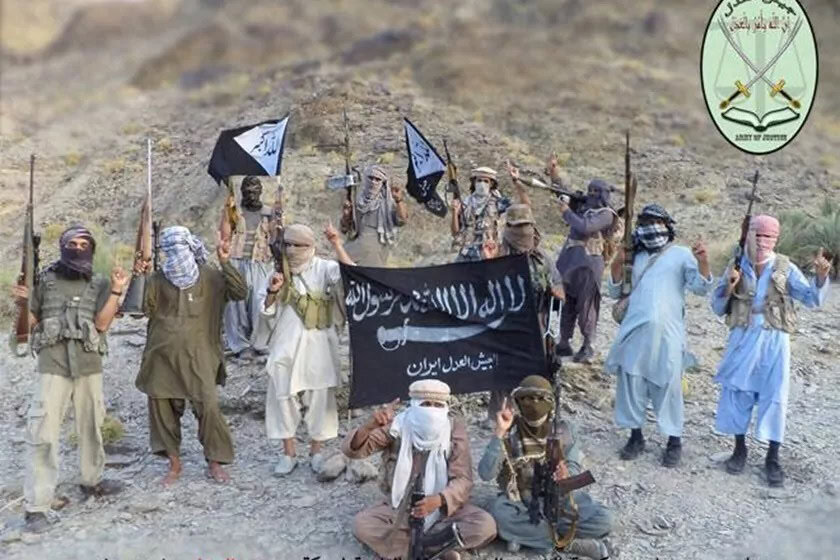
Recent attacks by Jaish al-Adl and ISKP showcase Iran’s loosening grasp over its eastern borders. This trend also underscores the growing grievances of Iran’s ethnic minorities, exasperated by systemic neglect, mismanagement, and kleptocracy.
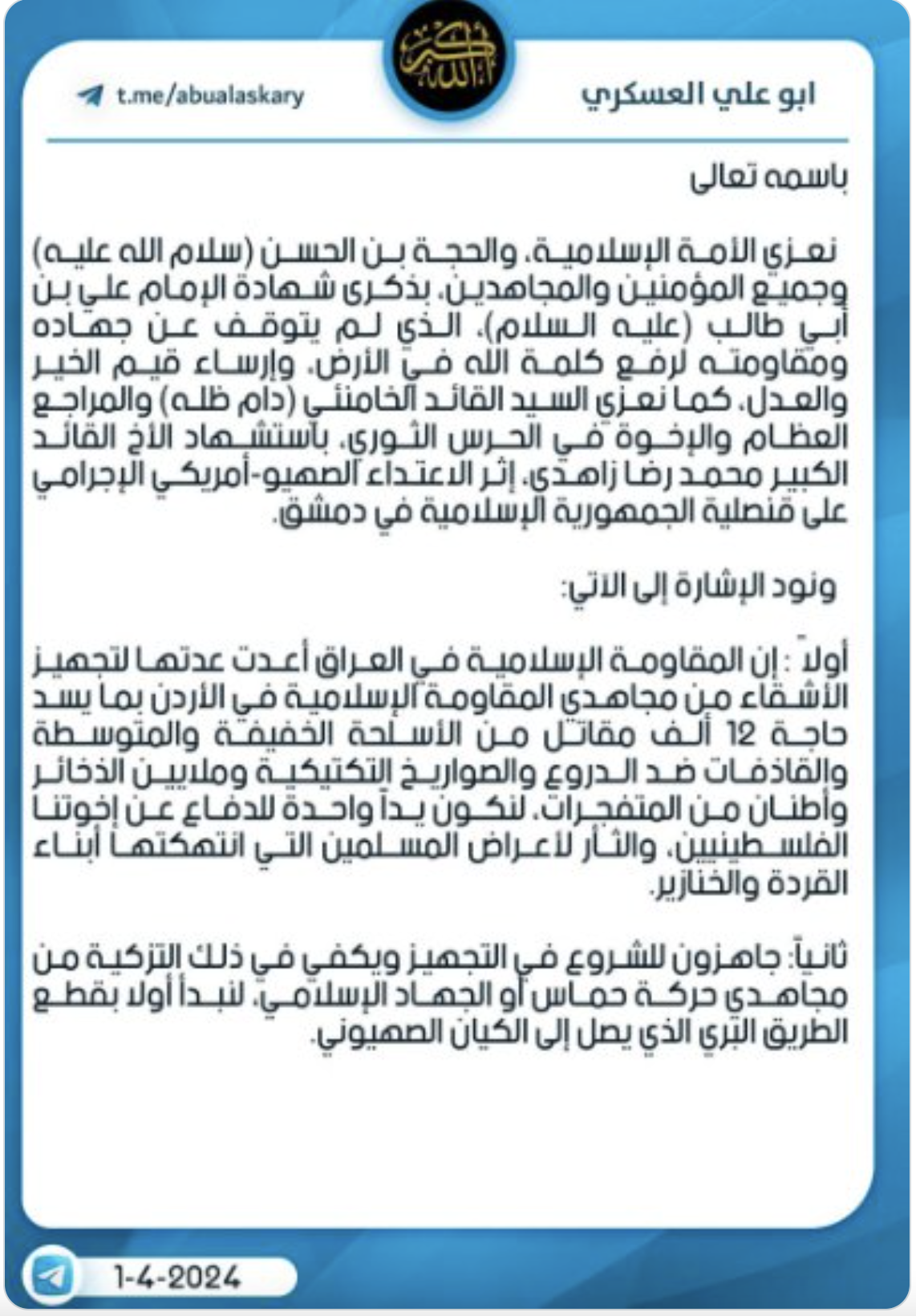
Hezbollah Brigades commander Abu Al-Askari threatens to arm Jordanians with the goal of attacking Israel.
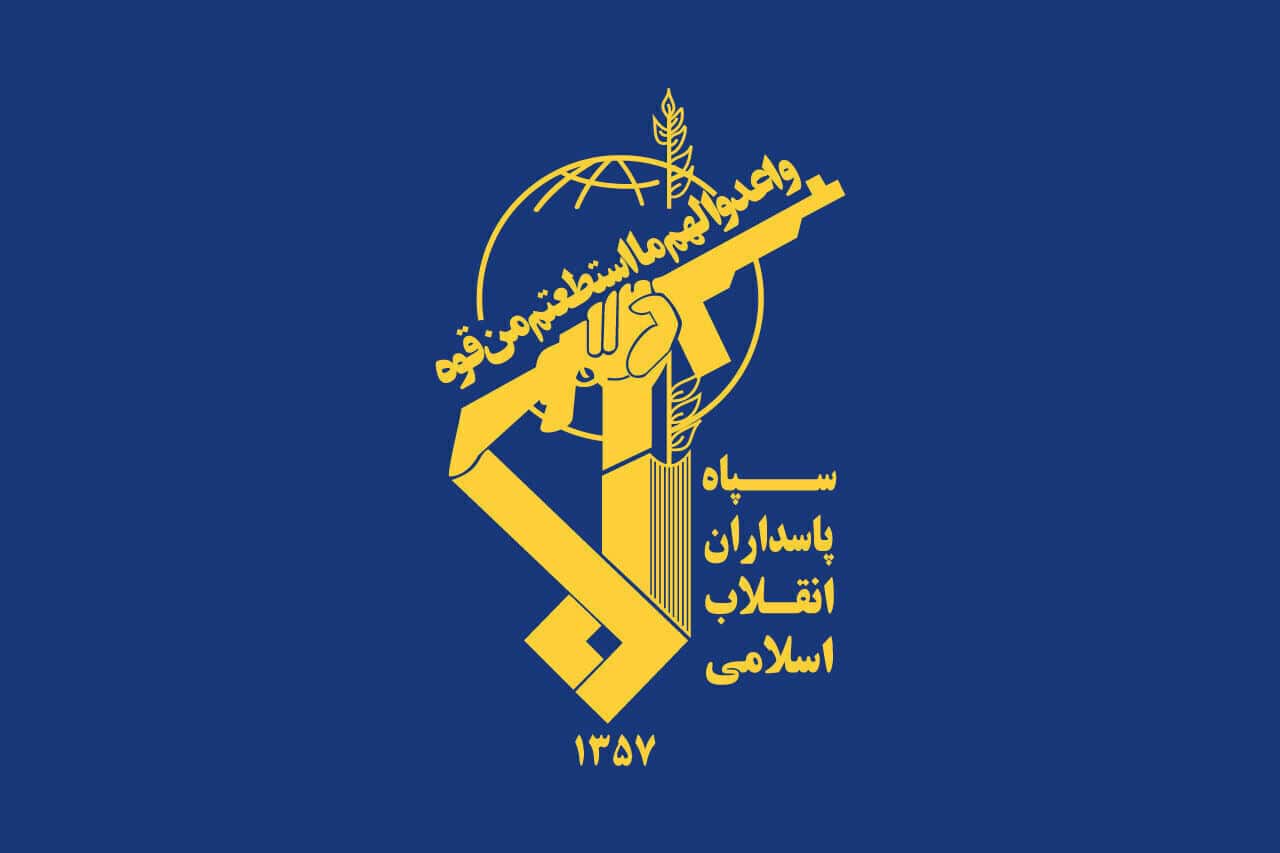
Iran acknowledged the deaths of senior IRGC officers in a significant airstrike against its forces in the Syrian capital.
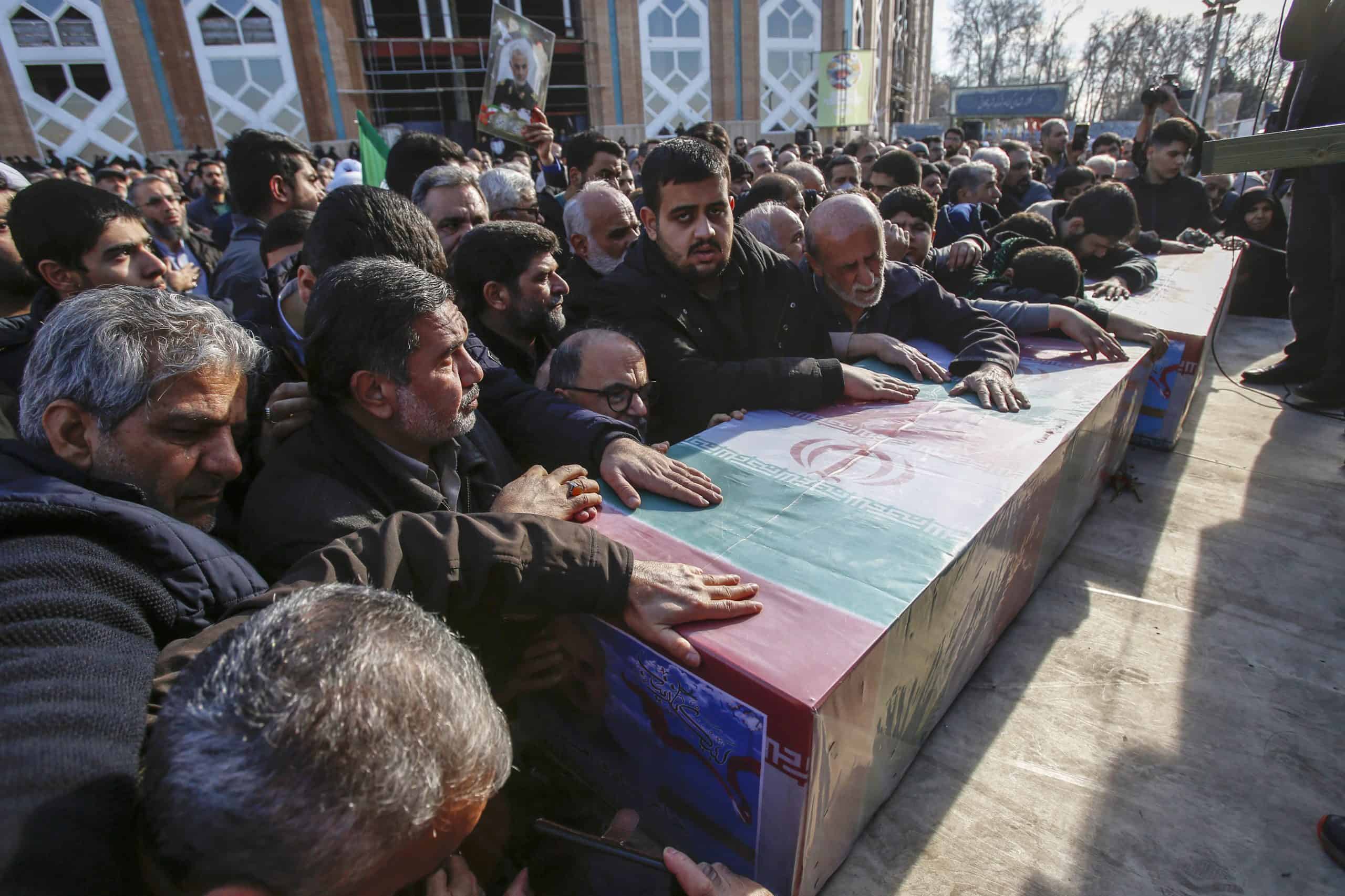
Israel continues to attack IRGC advisor in Syria on almost a monthly base.
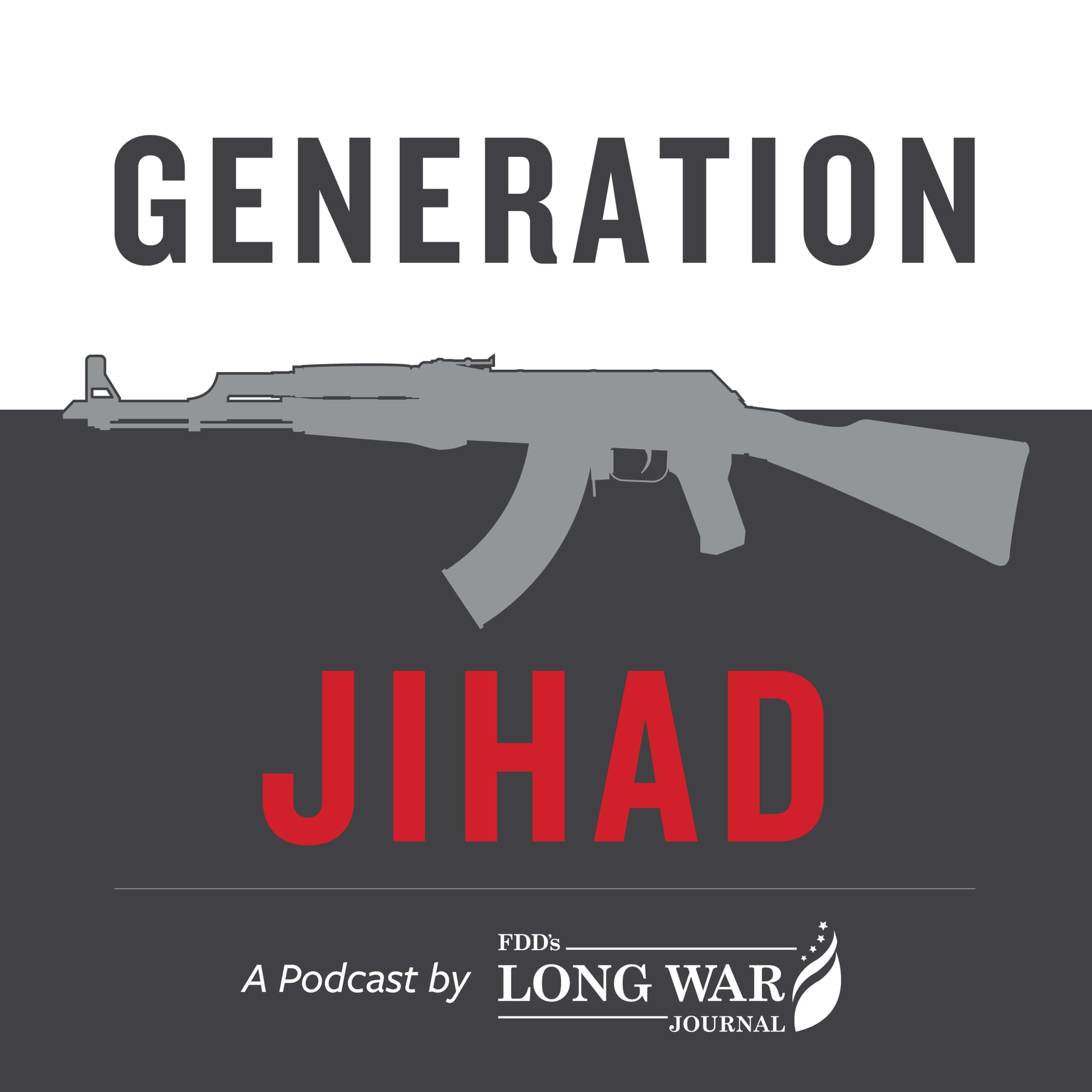
Bill and Behnam discuss reports of Iran sending ballistic missiles to Russia and the potential for subsequent U.S. sanctions on Tehran (and why that’d be insufficient); why the head of the IRGC Quds Force allegedly paid a recent visit to Iraq; an update on the Houthi-Gulf of Aden-Bab al Mandeb-Red Sea theater, including a new underwater drone threat and why if we happen to see the Iranians “de-escalate” in one theater it’s because they’re preparing to escalate in another (and not because they’ve been “deterred”).
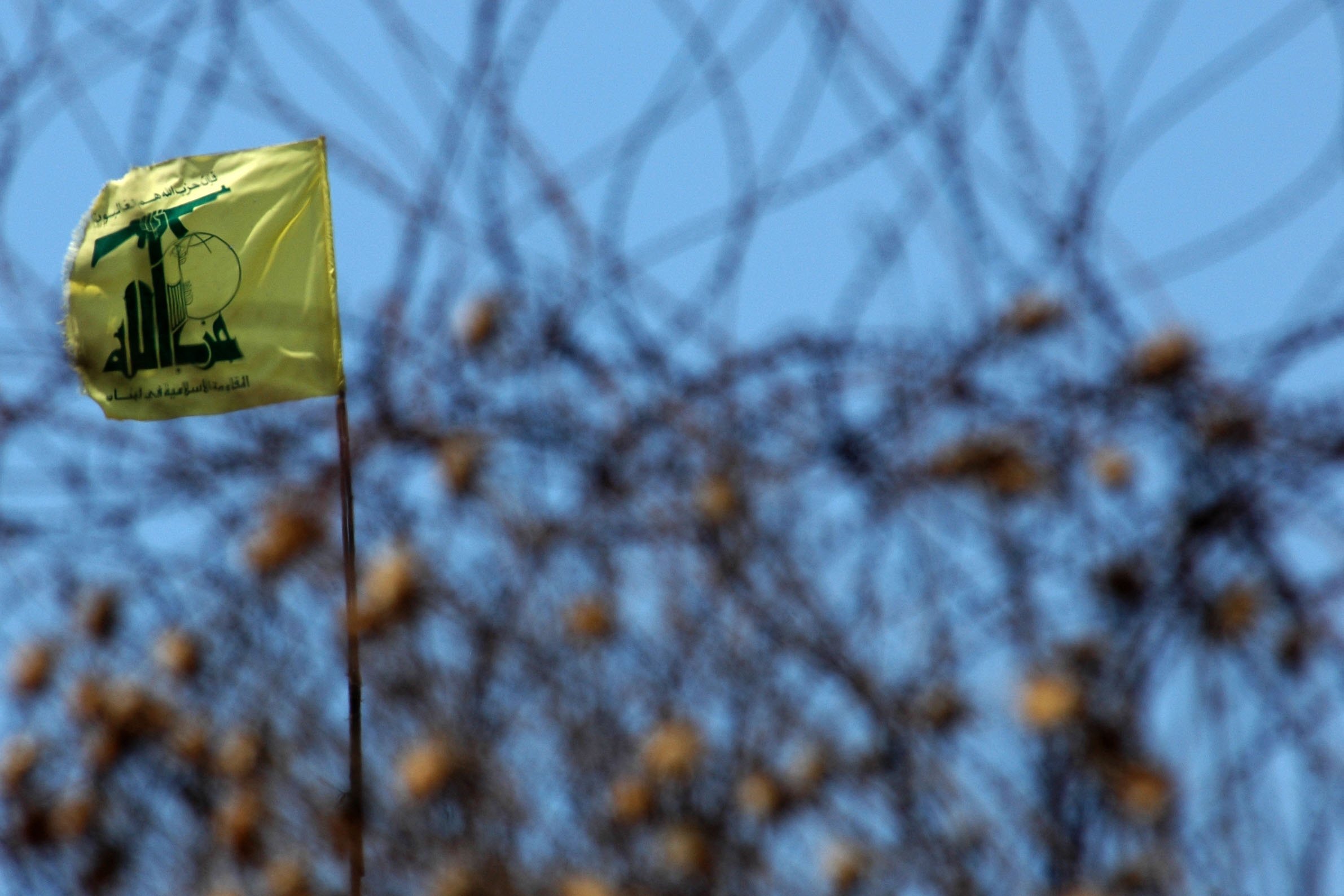
Israel targeted two high-ranking Hezbollah commanders in an airstrike in Nabatieh. While the details and outcome remain uncertain, the location of the strike and nature of the targets suggest Israel’s patience is wearing thing with Hezbollah’s ongoing attacks.

Saraya al-Ashtar, a U.S. designated terrorist organization, and Saraya Wa’ad Allah send their condolences and congratulations to the Iraqi Hezbollah Brigades.

Al Qaeda continues to build its network and infrastructure in Afghanistan after the fall of the Afghan government. Al Qaeda opened eight new training camps, five madrasas, a weapons depot and safe houses in Afghanistan that are used to facilitate the movement of its members to and from Iran.
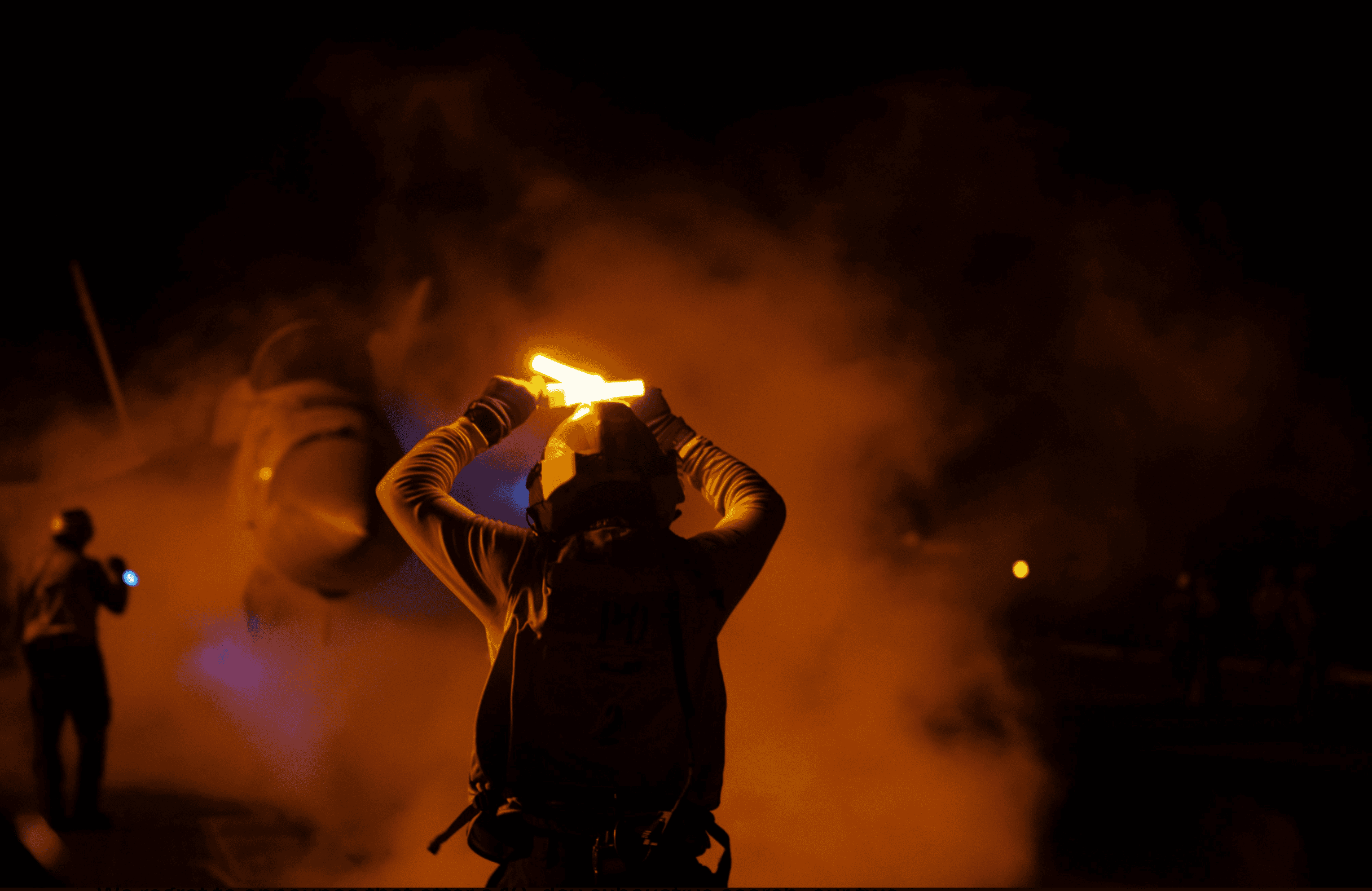
Despite the incessant attacks by the Iranian-backed Houthis and Iranian proxy militias in Iraq and Syria, the Biden administration continues to insist it is not at war with Iran.
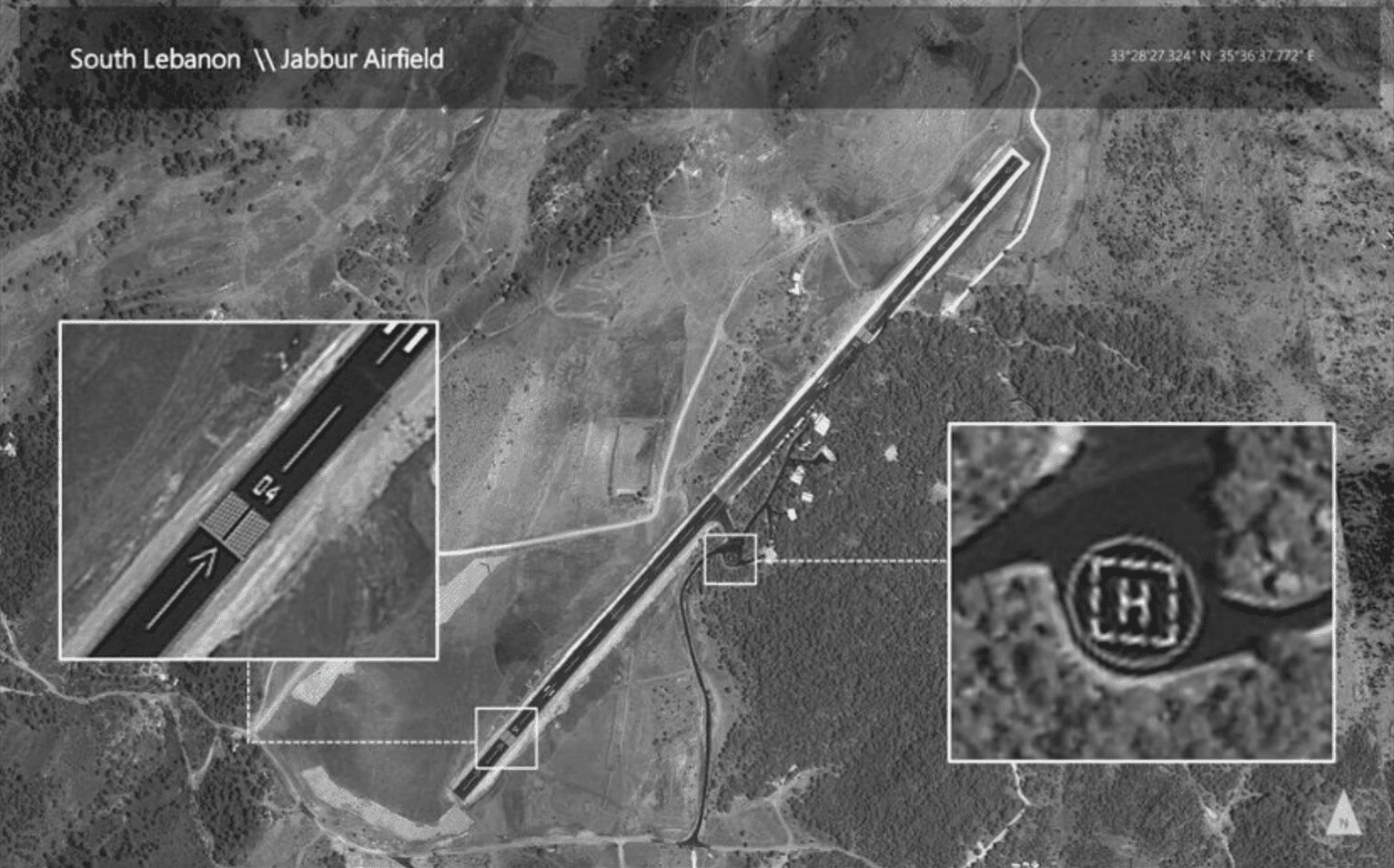
Israel revealed the existence of Hezbollah’s airstrip back in September. Information available at the time indicated Hezbollah would use it to launch drones to attack Israel. When the group did so last Wednesday, Israel bombed the airstrip.
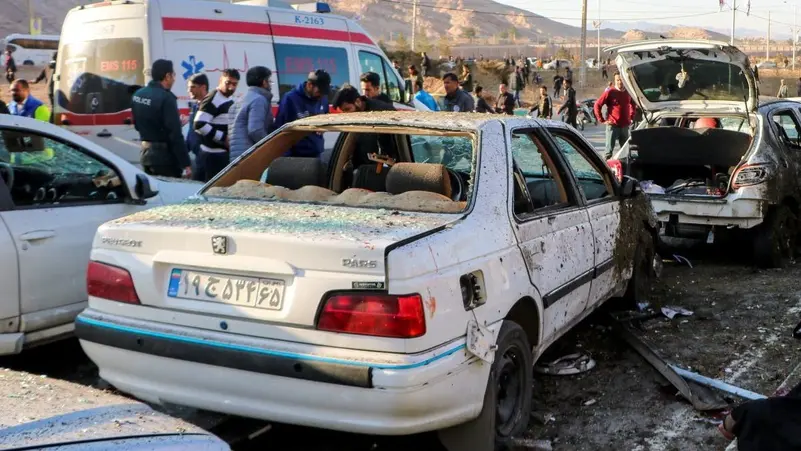
While ISKP claimed responsibility for the Kerman twin suicide bombings, Iranian state media and officials are downplaying the Afghanistan connection and are instead pointing fingers at Israel. Despite internal crackdowns and heightened security measures, Iran treads carefully to avoid straining relations with the Taliban amid escalating tensions in the region.
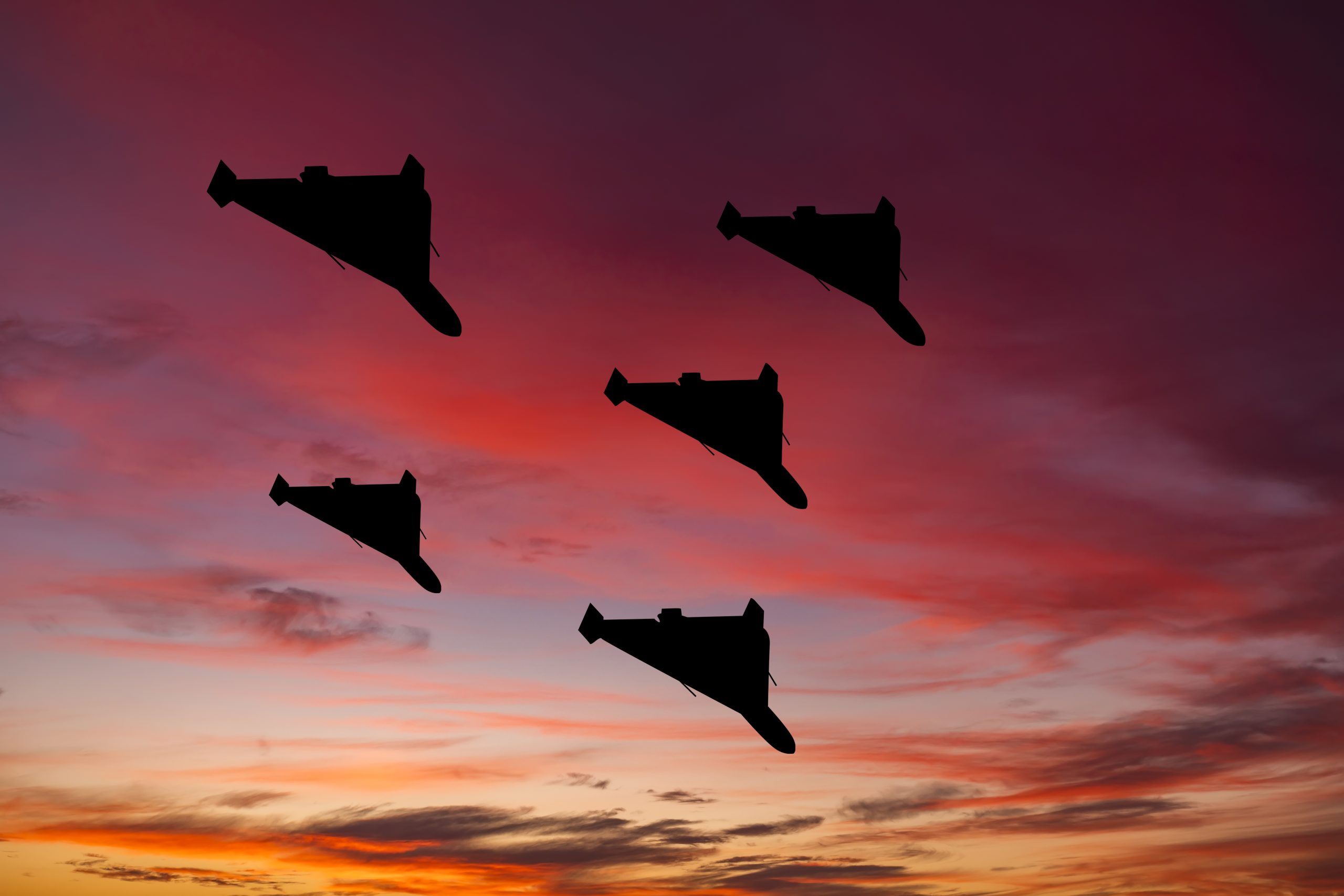
President Biden blamed Iranian-backed militias for killing three US service members and injuring others following a drone attack on a base in Jordan.

The Houthis targeted the USS Carney, struck a British petroleum tanker, and forced two merchant marine vessels to turn away from the Bab Al Mandeb Strait.
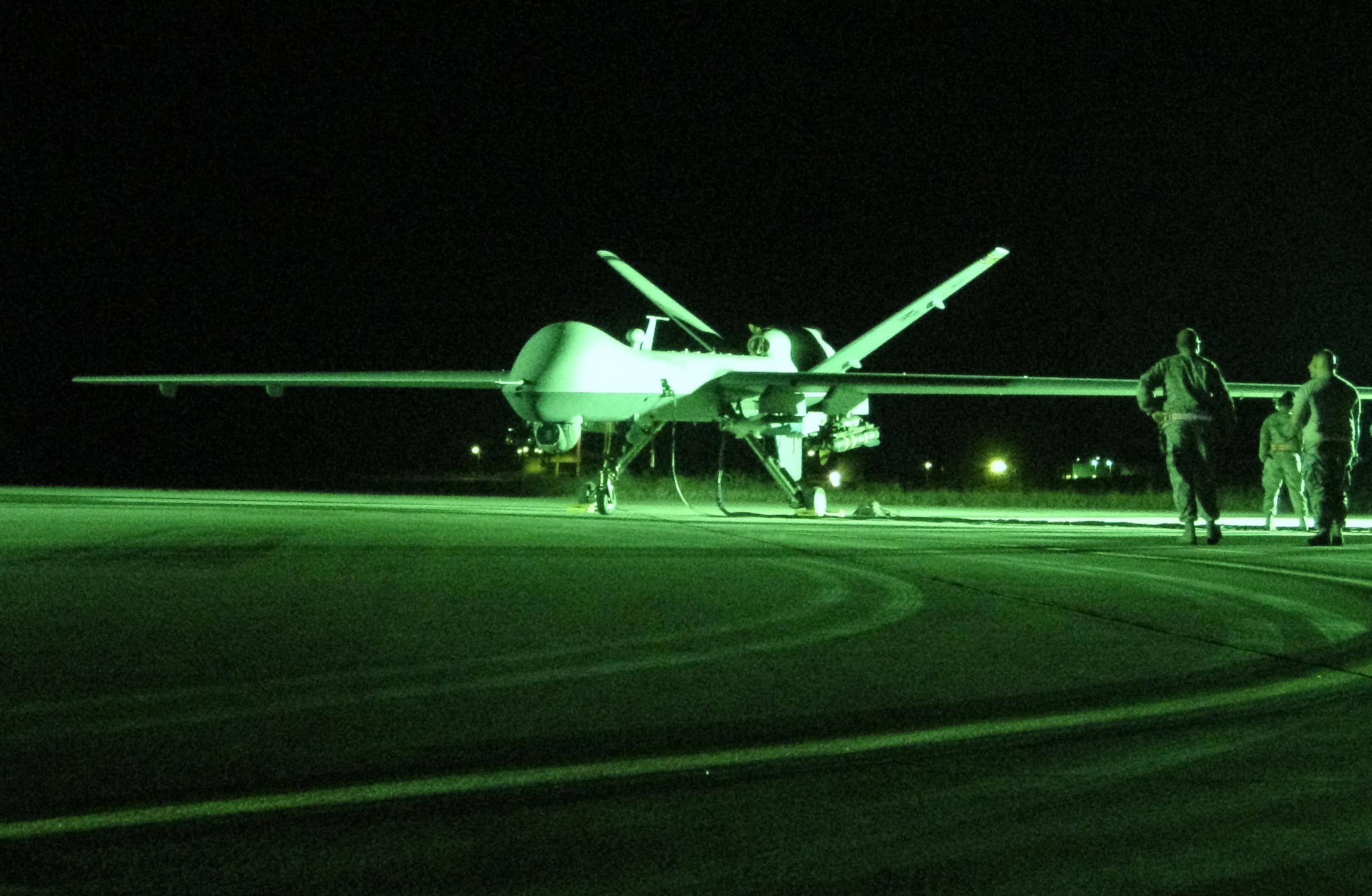
U.S. forces hit “headquarters, storage, and training locations for rocket, missile, and one-way attack UAV capabilities,” according to CENTCOM. The strike is the eight against the Iranian-backed militias, which have hit U.S. bases more than 150 times since Hamas attacks Israel in October 2023.

The U.S. and U.K., backed by just four other countries, renewed attacks on Houthi military targets. The paucity of countries willing to confront the Houthis, and thus Iran, highlights the difficulty the Biden administration has had in assembling an international coalition to restore calm to the vital shipping lanes.